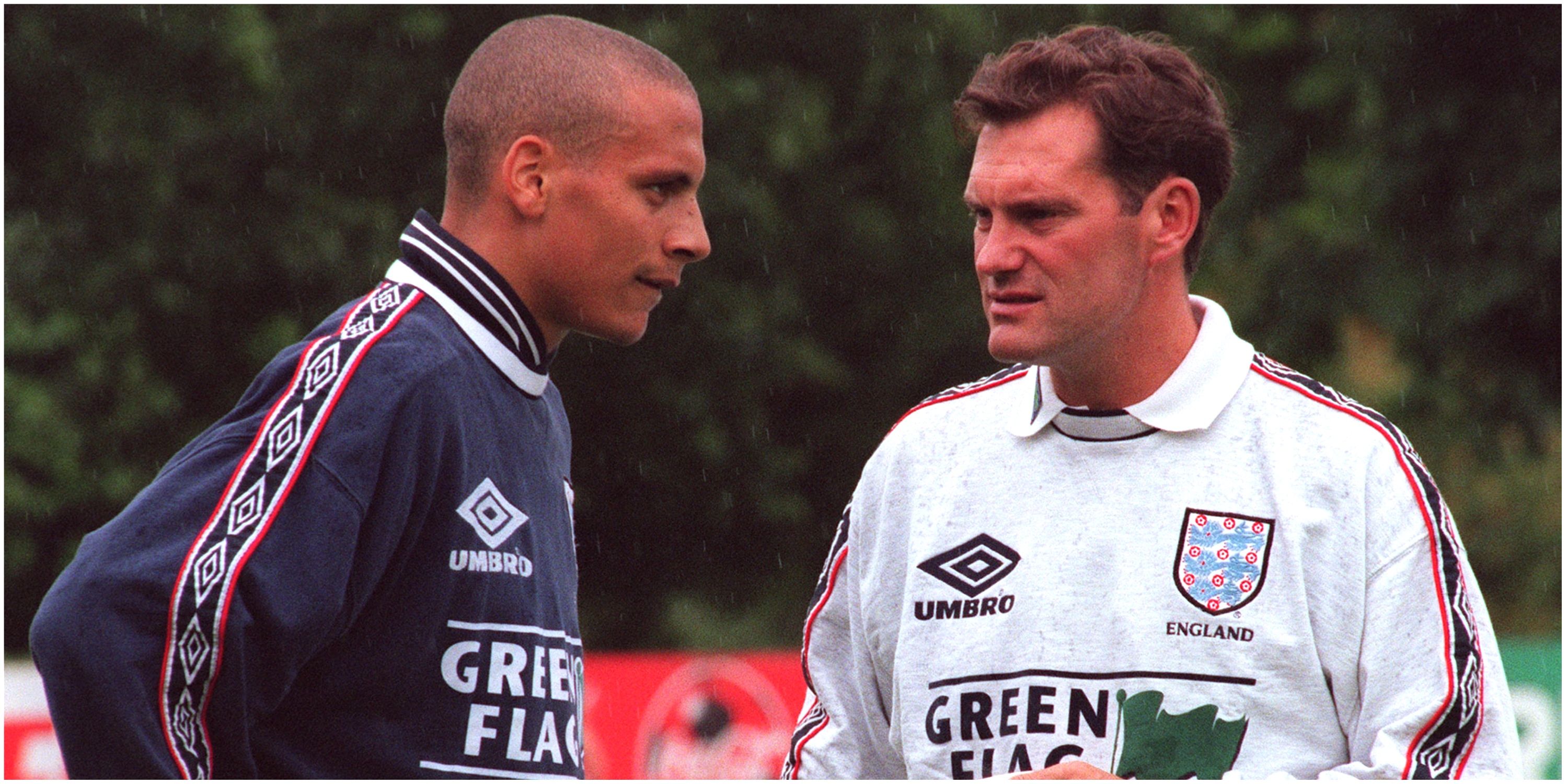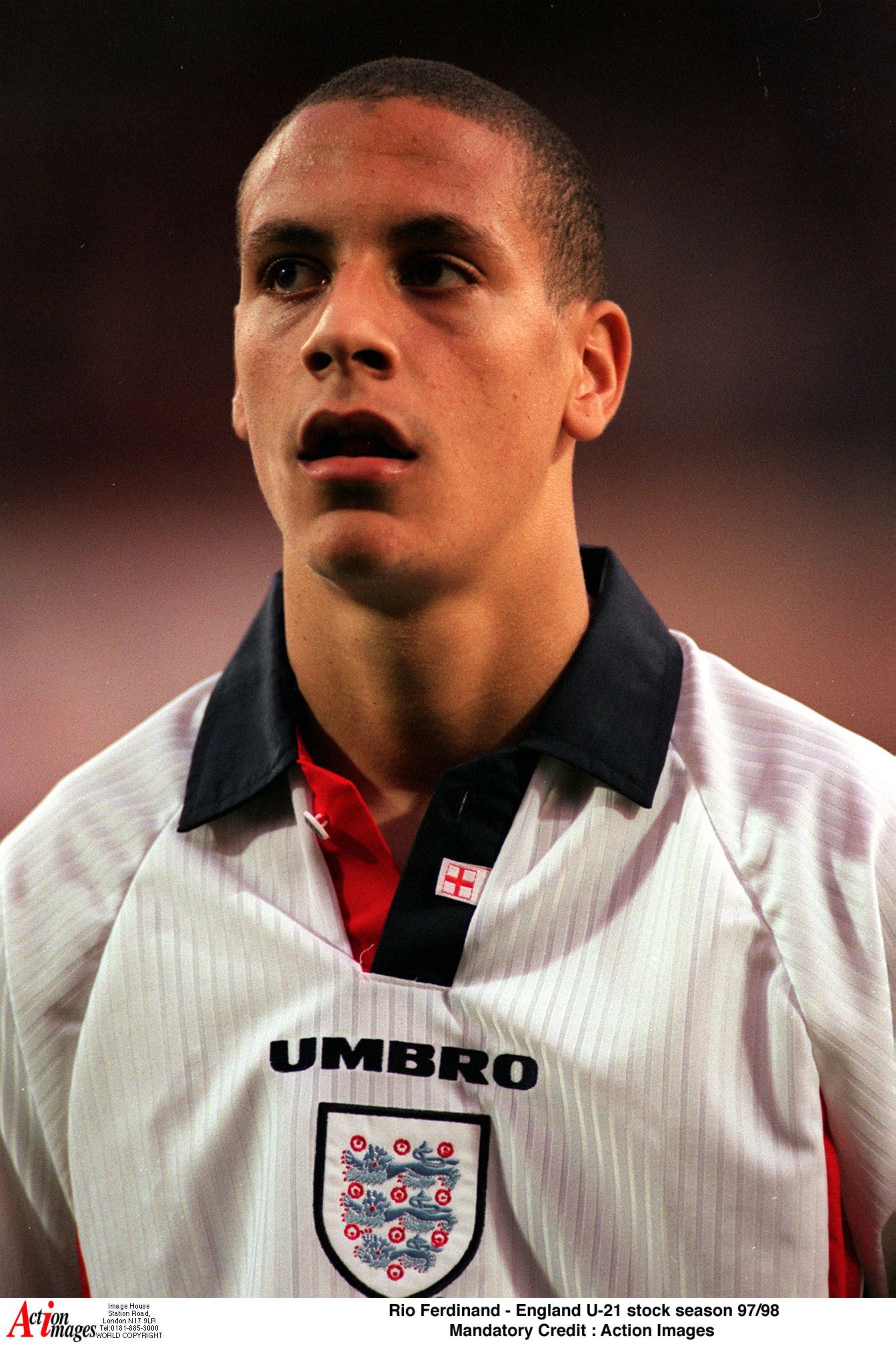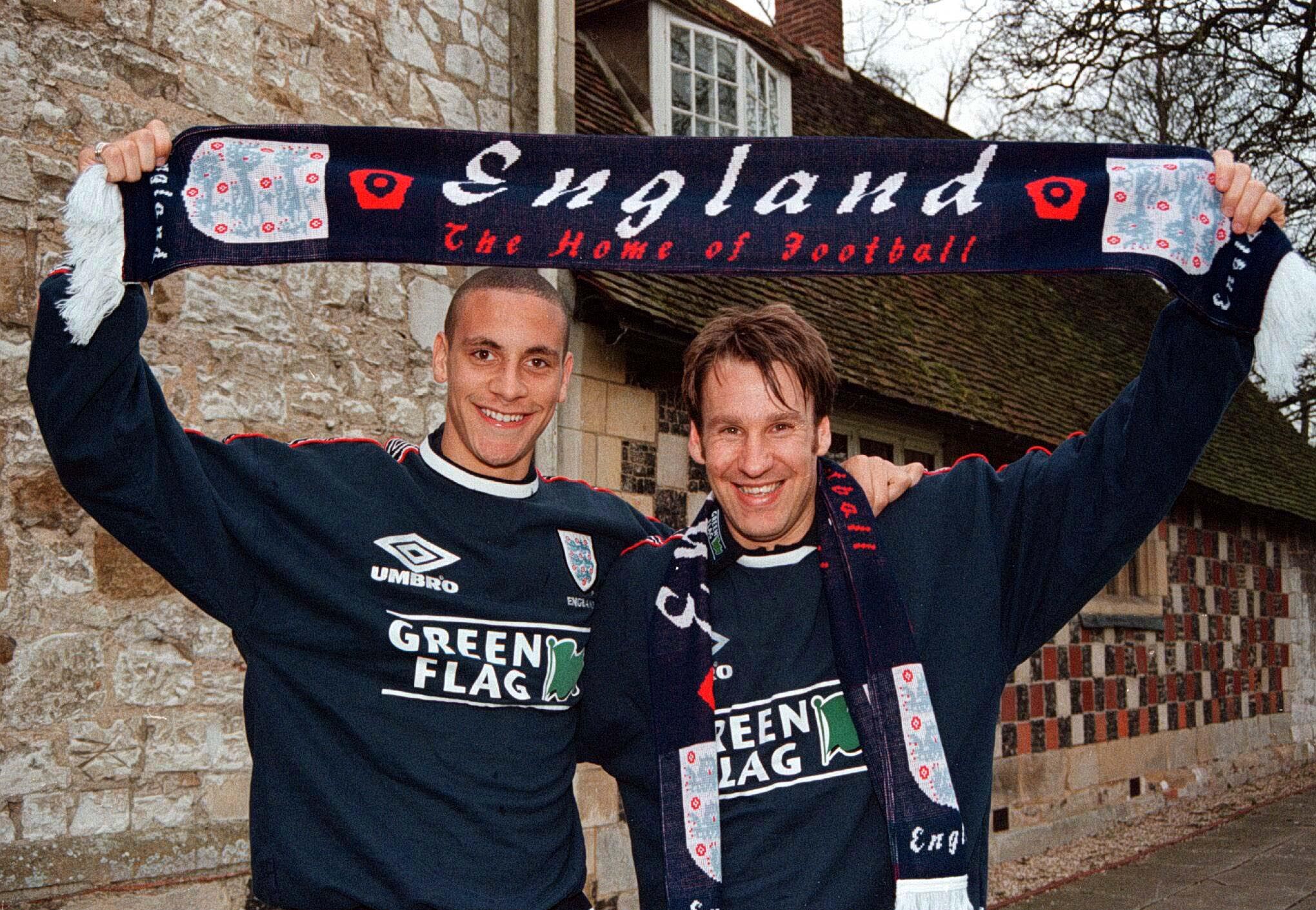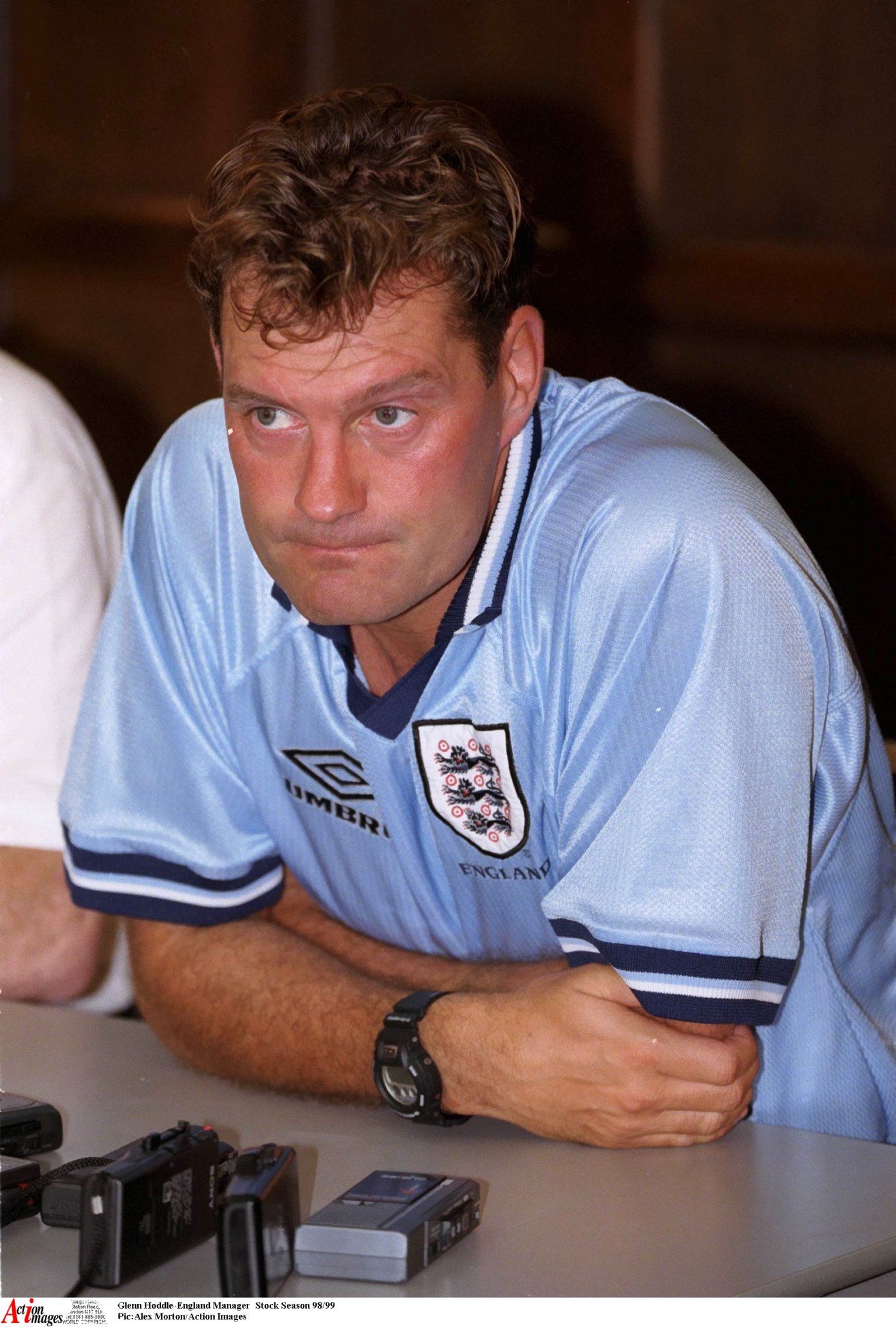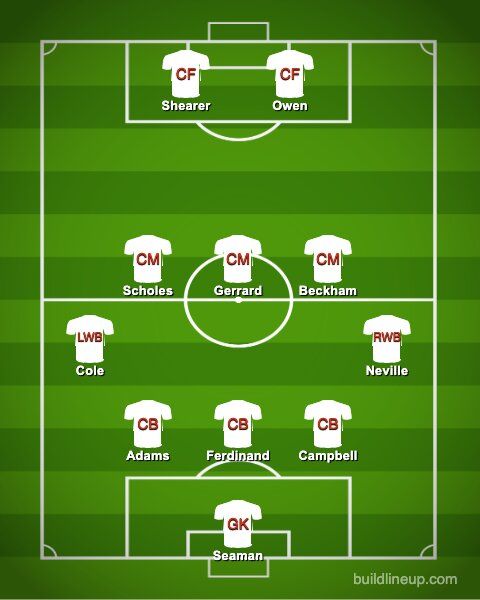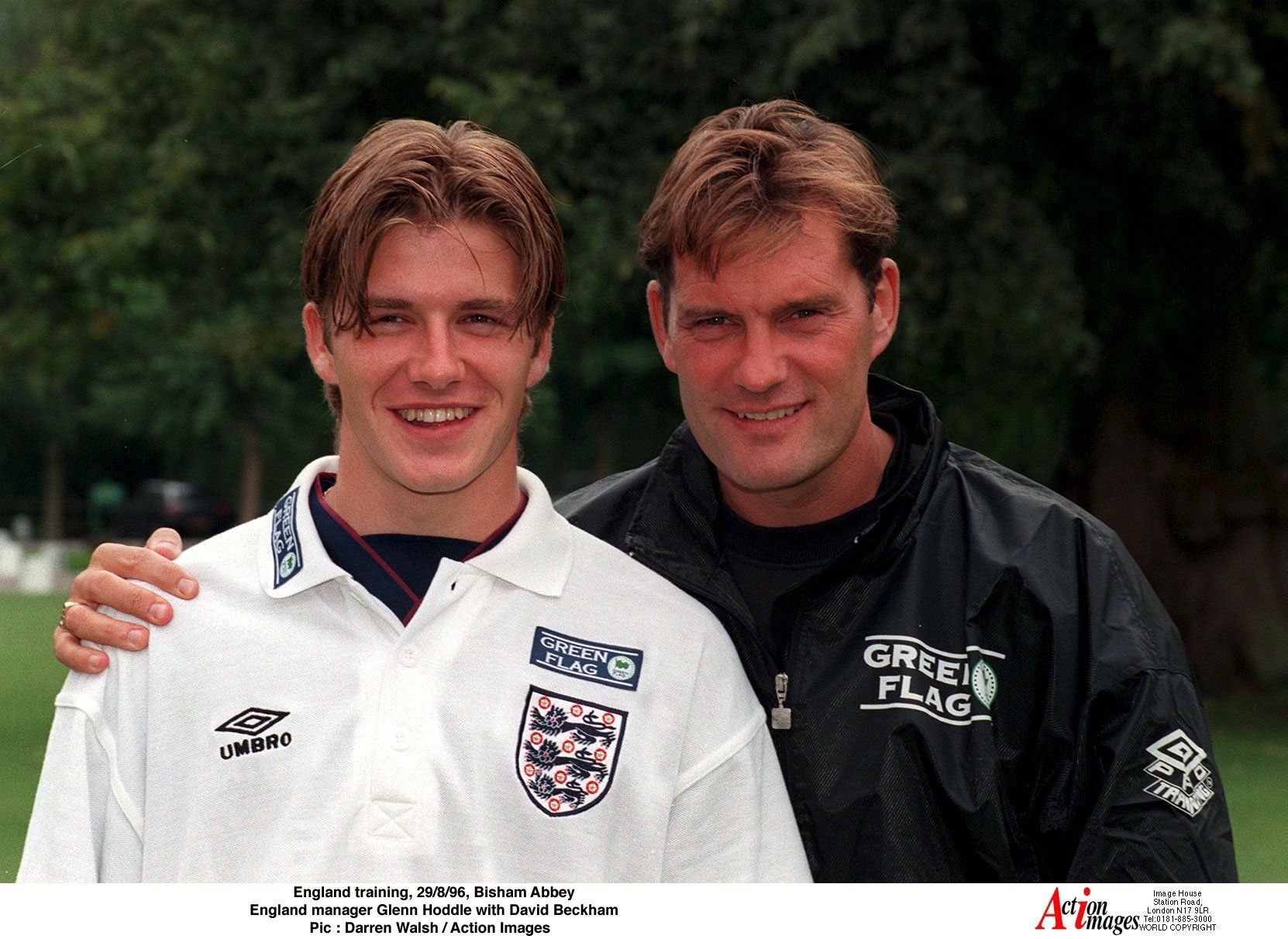Glenn Hoddle is one of the most revered England managers in recent history.
While his only tournament in charge might have ended in a round of 16 exit at the 1998 World Cup, he is nevertheless spoken about in glowing terms by many of those who played under him.
The general consensus is that the attacking and exciting brand of football that Hoddle championed made for exactly the type of ambition that the national team lacked in the early 2000s.
Ferdinand's praise for Hoddle
And none other than Rio Ferdinand is among that cohort of players who really enjoyed that philosophy, even going so far as to rank him above Kevin Keegan, Sven-Göran Eriksson and Fabio Capello.
According to the Mirror, Ferdinand explained in his book '#2Sides': "[Hoddle was] by far the best England manager. I was lucky enough to work with him in the late 1990s, when I was still a teenager.
"If he’d stayed I would have been a different player – and a better player – for England."
In fact, the Manchester United legend was set to play an even bigger role under Hoddle's plans for the future, which painted an exciting picture of how the upcoming 'Golden Generation' might have played.
And we know that because Hoddle provided fascinating insight into his vision for England that never came to fruition during an appearance on the High Performance Podcast.
Hoddle's vision for England's 'Golden Generation'
Speaking to Jake Humphrey and Damian Hughes, the Tottenham Hotspur icon broke down how Ferdinand was poised to be the centrepiece of an experimental Three Lions side that would play with three at the back.
And while that might not sound too exciting at first glance, rest assured that Hoddle's plans for Ferdinand at the heart of his formation makes for a set-up both ahead of its time and distinctly classic.
"The exciting thing for me was always about Rio, funny enough," Hoddle reminisced. "Rio Ferdinand was a wonderful, wonderful centre-back. He was a Rolls Royce of a centre-back, but believe me, he never had the opportunity to play in a back three.
"And I'd have had him playing in a back three, which would've took him to another level and would've took England to another level because he would've been coming out a bit like the Germans play their sweeper.
"I'd have had him coming out on the ball, even off the ball. Cause I knew he could cope going into midfield, making a spare man. That was just one example where I felt we were going with a crop of experienced players and the crop of young, exciting players as Rio, Michael Owen, David Beckham, and Paul Scholes.
"As long as also still having your Shearers, and your Adams and your Inces and your Sheringhams. The experience was still there. And you know what, any manager worth his soul will always say: 'That's the template. That's the formula, the balance that you want.'
"Experience with talent, young talent. We had some players, you know, what we could have done was frustrating not to have that opportunity."
The forward-thinking nature of a formation so infrequently used at the time combined with a blast from the past in using Ferdinand as a Franz Beckenbauer analogue certainly makes for a tantalising prospect.
But what would Hoddle's vision for the emerging 'Golden Generation' have actually looked like in practice? Well, we figured that it would be rude not to play out that exact thought exercise.
What would Hoddle's vision look like?
So, using what information Hoddle provided during his High Performance Podcast appearance as a springboard, we've drawn up how England might have lined up if they played under his proposed system.
And in terms of a timeframe, we imagine that Hoddle's vision might have come to pass between Euro 2000 and the 2002 World Cup with rising stars like Ferdinand, Frank Lampard and Steven Gerrard really coming into their own.
Plus, we'll follow Hoddle's leads in terms of his comments on the more experienced players he would have deployed, and assume that Alan Shearer and Tony Adams extended their international careers.
Beyond that, it's ultimately a bit of hypothetical fun, so forgive us for unleashing our imagination and throwing caution to the wind as we visualise England's 'Golden Generation' under Hoddle down below:
Now that, you have to say, is quite some team.
Tactical flair and pure talent
Sure, England's 'Golden Generation' always looked great on paper regardless of the context, but you can't help feeling as though this particular vision might have given them the tactical flair to go with all the talent.
And you could obviously fast-forward a few more years to see the likes of John Terry, Wayne Rooney and Lampard breaking into that very line-up and system.
Just think of the possibilities had the Three Lions' rich pool of talent from the middle 2000s been unshackled from a rigid 4-4-2 and given the tools to succeed in a formation airlifted directly from the future...
Hoddle on his England exit
However, as we all know, there were reasons beyond football which meant that never came to pass with Hoddle ultimately being removed from his position as England boss before his second shot at tournament football.
Speaking about his England exit on the High Performance Podcast, the 64-year-old explained: "I've gone on record on the book and that's never been my belief about the disabled. It's never what I said, never what I would ever believe. What I said is that it's a much deeper conversation.
"I remember saying that at the time it's a five hour, it's a lifetime conversation, not just a throw in conversation at the back end of talking about France, which was the reason why we were talking.
"So that's the reason why, and then it exploded. And then in the end, the FA didn't show enough strength really to back me. And it was pretty evident there come a time when I thought: 'These people are not, you know, they're not backing me here when they should be.'"















